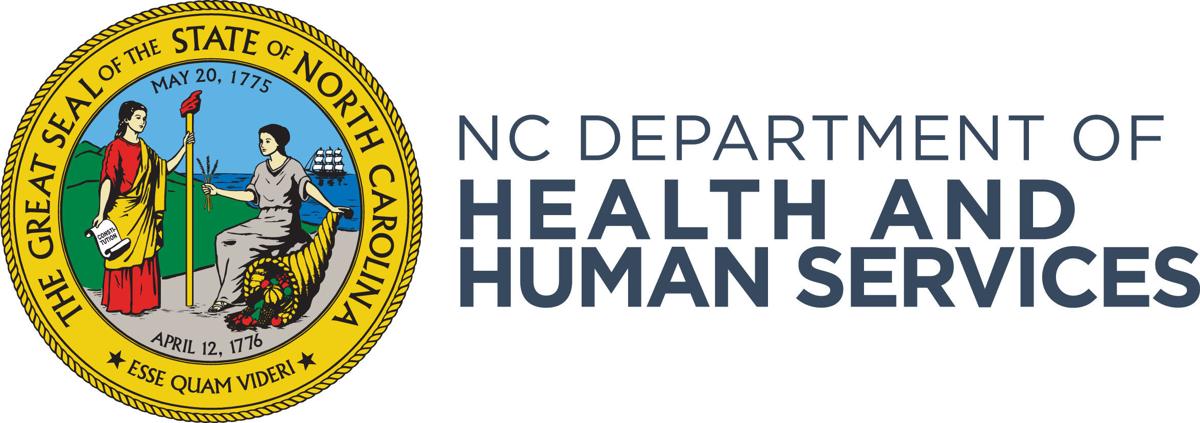 By Catherine Joyner & Michelle Reis, North Carolina Department of Health and Human Services, Division of Public Health
By Catherine Joyner & Michelle Reis, North Carolina Department of Health and Human Services, Division of Public Health
In 2014, the North Carolina Institute of Medicine, in partnership with the North Carolina Department of Health and Human Services (NCDHHS) Division of Public Health (DPH), convened a statewide Task Force on Essentials for Childhood, tasked with developing a collaborative, evidence-based, public health initiative to address child abuse and neglect prevention and family well-being in North Carolina. The Task Force issued 15 recommendations aimed at improving collaboration and ensuring safe, stable, and nurturing relationships and environments for North Carolina’s children.
Many organizations work independently to meet the physical health, mental health, social, and emotional needs of children and families in North Carolina. These agencies include state and local health and human services departments/divisions, public education, early childhood care and education agencies and providers, advocacy organizations, philanthropic partners, corollary local agencies, service delivery providers, and academic institutions.
These and other organizations have implemented a wide variety of programs to help meet the specific mental health and social-emotional needs of young children and their families. While these programs provide much needed services and supports, they sometimes focus on very narrow and specific needs of young children and their families (e.g. specific eligibility requirements for home visiting programs or for evidence-based mental health treatment programs with different payment structures). When there is a lack of formal alignment or coordination among programs, we serve children and families in fragmented ways. Children’s cognitive, social, and emotional development are intertwined and improving coordination can improve not only the efficiency of our programs, but also can improve outcomes for children and families.
The Task Force recognized the need for enhanced cross-sector collaboration towards improving outcomes and identified recommendations for the establishment of a collective and integrated initiative to create impactful partnerships and improve our state’s capacity to prevent child maltreatment and ensure safe, stable, and nurturing relationships and environments.
The Task Force on Essentials for Childhood recommendations led to the establishment of a multi-year, cross-sector collective impact initiative focused on building partnerships and aligning goals. Since 2016, the North Carolina Institute of Medicine has served as the backbone organization to support the implementation of the recommendations of the Task Force on Essentials for Childhood.
Because of the Task Force’s recognition of the need for more integrated cross-sector collaborations to meet the goals of Essentials for Childhood, much of the initiative’s recent work has been focused on refining vision, convening of topic-specific working groups to further refine recommendations, aligning activities with other state agency and stakeholder work, and establishing and enhancing partnerships. Key activities in this area have included: broad stakeholder convening to develop a shared understanding of the advantages and disadvantages of a statewide leadership body to inform policy decisions for child and family serving agencies and organizations, a shared vision for the optimal structure for North Carolina, and consensus on next steps of the discussion; shaping partnerships and aligned goals across statewide agencies; and aligning with a statewide data development initiative with the aim of identifying indicators of success in ensuring child and family well-being.
Due to this work of the Essentials partners and many stakeholders more broadly, our state currently has a unique opportunity for successful alignment of the Essentials for Childhood goals with other statewide and local initiatives. NCDHHS is undertaking a significant strategic focus on early childhood (the Early Childhood Action Plan), through which NCDHHS will align work and programs across divisions to implement upstream approaches to ensure optimum health and well-being for our state’s children.
NCDHHS outlines the Early Childhood Action Plan in three categories: safety, health, and development and education. In these categories, NCDHHS will use the Essentials for Childhood recommendations as its priority strategies to meet 2025 outcomes including:  decreased rate of CAN, increased percentage of children in foster care who obtain family permanency, an increase in social-emotional well-being and resilience in young children, decreased infant mortality, increased percentage of infants born at healthy birth weight, increased percentage of young children with food security, increased percentage of children with on-track language skills; increased percentage of children who enter kindergarten developmentally on track, increased percentage of children achieving 3rd grade reading proficiency. Further aligning with Essentials work, these outcomes are also a subset of the benchmark indicators identified in a statewide stakeholder initiative, Pathways to Grade-Level Reading, held in partnership with Essentials for Childhood as part of the data development recommendations identified by the Task Force.
decreased rate of CAN, increased percentage of children in foster care who obtain family permanency, an increase in social-emotional well-being and resilience in young children, decreased infant mortality, increased percentage of infants born at healthy birth weight, increased percentage of young children with food security, increased percentage of children with on-track language skills; increased percentage of children who enter kindergarten developmentally on track, increased percentage of children achieving 3rd grade reading proficiency. Further aligning with Essentials work, these outcomes are also a subset of the benchmark indicators identified in a statewide stakeholder initiative, Pathways to Grade-Level Reading, held in partnership with Essentials for Childhood as part of the data development recommendations identified by the Task Force.
The collective impact process, in particular the work of ensuring a common agenda and identifying mutually reinforcing activities, can often seem like it happens in a non-linear fashion. It can sometimes feel difficult to maintain a sense of urgency over time, even around goals and outcomes that everyone agrees are worthwhile. However, we now recognize that another primary component of collective impact, continuous communication, is paramount to moving the work forward. North Carolina’s Essentials for Childhood partners have learned that monitoring and communicating about the vast body of work being done across the state to ensure child and family well-being, identifying appropriate areas of collaboration, partnering on activities to meet common goals, and building on each other’s work, are key to ensuring that our state’s children are growing up in safe, stable, and nurturing relationships and environments.
For more details visit http://nciom.org/essentials-for-childhood-backbone-organization-2/.


